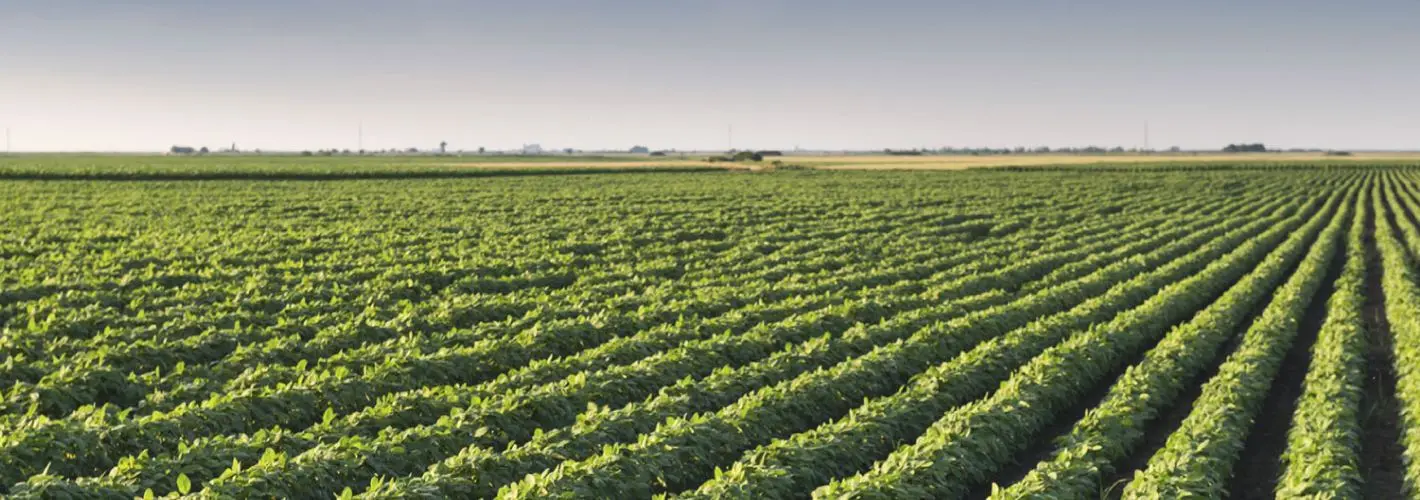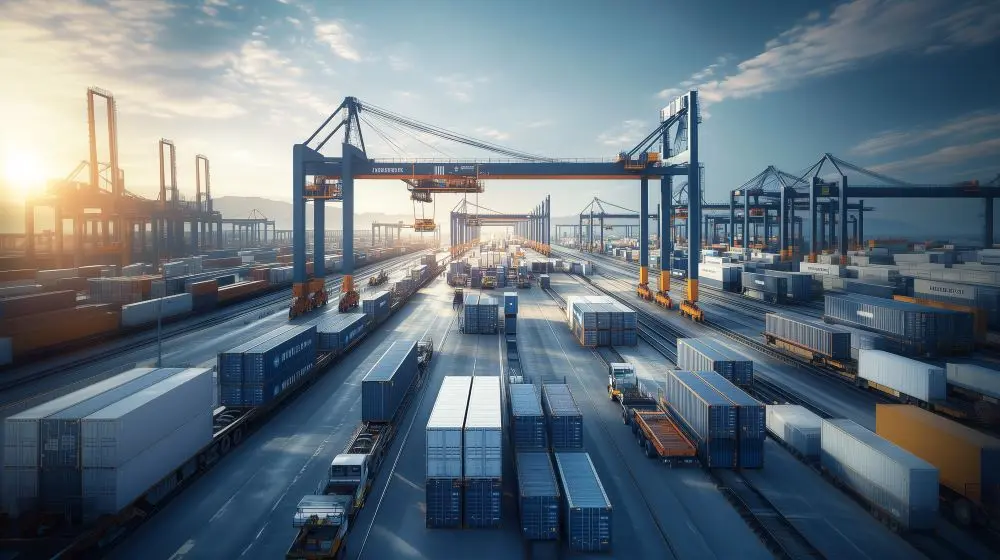
- News & resources
- Blog
News & resources
Blog
Tendências, ideias e diversos tópicos de cadeia de suprimentos que possam lhe interessar

Blog
Um planejamento logístico inteligente é fundamental para o agronegócio brasileiro
Percepções para superar os desafios logísticos no agronegócio


